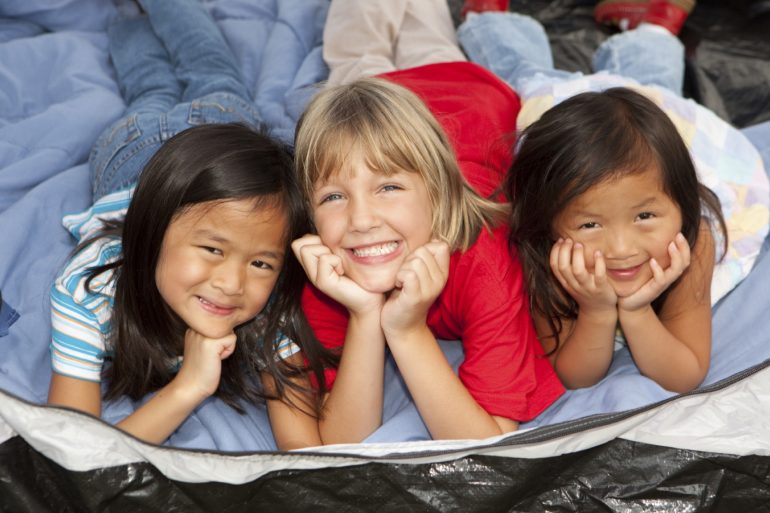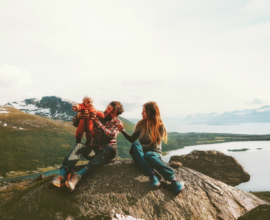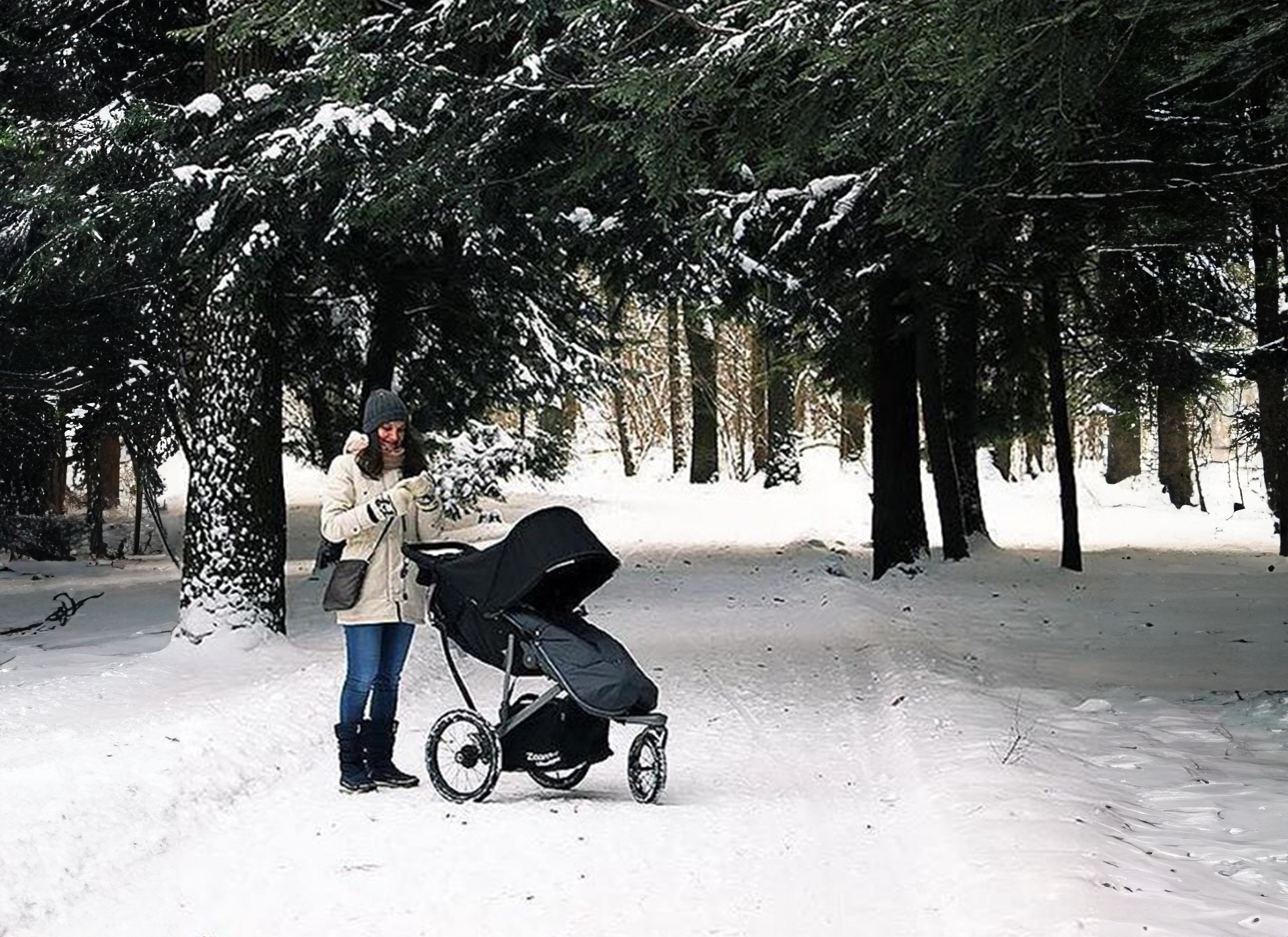Parks For Play
Family-Friendly National Parks Can Educate and Entertain Kids With Boundless Imaginations
Republished article from nationalparks.org National Park Foundation
All kinds of benefits come with getting your kids outdoors. Being outside provides an outlet for limitless energy and feeds ravenous curiosity, and studies have shown it may even improve performance in school. Yet by at least one estimate, children today spend only half as much time in unstructured outdoor activity as their parents did.
One cure for that unhealthy trend? Pack up the car and head to a national park, where just-for-kids programs abound. Young explorers can trace soldiers’ steps on Civil War battlefields; watch bears, deer and hawks amid sequoias in the Sierras; or explore centuries-old stone and log dwellings to discover how our ancestors lived—all the while nurturing a love for nature and history that will stay with them always, just as your own memories of outdoor childhood adventures do. Here are some of the most enticing programs for children of all ages.
BISCAYNE NATIONAL PARK
FLORIDA
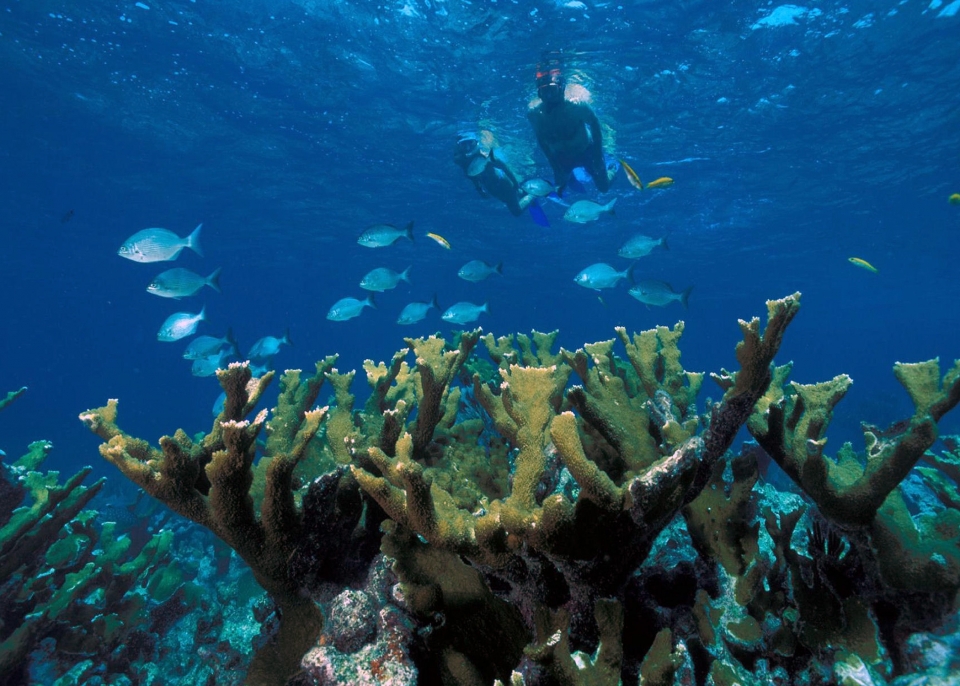
-NPS Photo
Within mere miles of downtown Miami sits a less boisterous but equally bustling metropolis: Biscayne National Park, the largest marine park in the system. Here, instead of skyscrapers and strip malls, mangroves, coral reefs and undeveloped islands are home to 500 species of colorful tropical fish, bottlenose dolphins, manatees, sharks and stingrays. September and October may sometimes be rainy, but smaller crowds and fewer insects make this a wonderful time to explore the park. Visitors can paddle along isolated shorelines, camp and hike on secluded keys, or climb to the top of the lighthouse on Boca Chita Key.
Kids and adults alike can keep an eye out for sea turtles, groupers and moray eels. For an even closer look at the vast array of sea life here, snorkelers can head to Biscayne Bay and the offshore coral reefs, where parrot fish and damselfish dwell. Rangers are on hand to teach visitors about the area’s ecosystems and human history, from the Tequesta Indians to the wealthy industrialists who bought islands for vacation homes.
GREAT SMOKY MOUNTAINS NATIONAL PARK
TENNESSEE AND NORTH CAROLINA
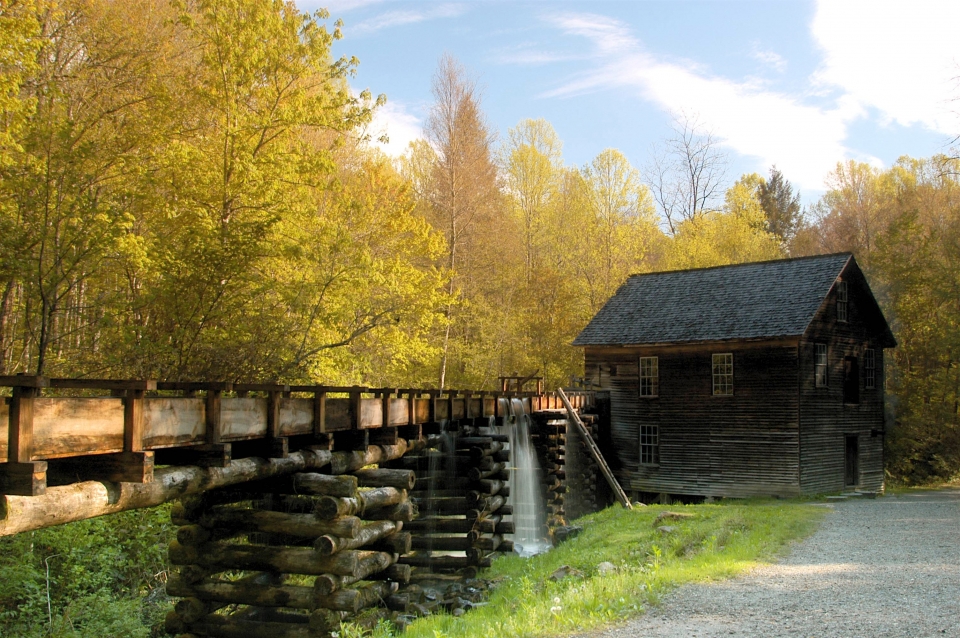
-NPS Photo / Robert Crootof
The spine of the Southeast, the Great Smoky Mountains National Park shelter more than 10,000 plant and animal species, including black bears, falcons, wild turkeys and woodpeckers, in some of the largest tracts of old-growth forests east of the Mississippi. Although this national park draws more visitors than any other, few realize that its natural wealth is rivaled by its human history. Formed in 1934 and encompassing more than 800 square miles of farmland, forest and villages, the park is home to the largest collection of historic log structures in the East, including 19th-century churches and schoolhouses. Before the arrival of European settlers, Native Americans had been roaming the land for centuries.
All summer, in Great Smoky’s Cades Cove district, children can plunge into activities reflecting different parts of the park’s heritage, using clay to make Cherokee-style pots while learning about the Cherokee way of life. Or in an introduction to traditional blacksmithing, donning goggles, aprons and gloves while a ranger helps stoke the blower and bend a piece of iron into a triangular dinner bell that kids will bang happily all the way home in the car.
EISENHOWER NATIONAL HISTORIC SITE
PENNSYLVANIA
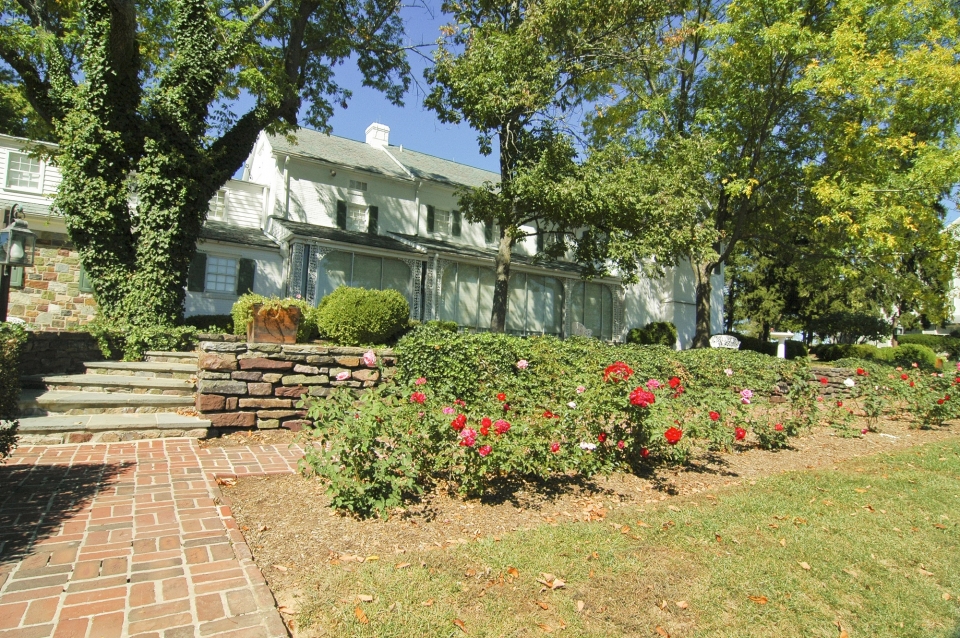
-Shutterstock / Jeffrey M. Frank
Nikita Khrushchev, Winston Churchill and Charles de Gaulle were only a few of the dignitaries who visited Dwight D. Eisenhower at his family’s farm, surrounded by the pastures, meadows and oak-and-hickory forests of Gettysburg, PA. Families can be like Ike for a day while discovering how the Cold War-era President lived and led the nation.

In the living room are a coffee table that was a gift from the first lady of South Korea and a rug from the shah of Iran. A putting green, skeet range, card table, paintings and Western-themed books are clues to Ike’s hobbies and private life. You can also learn how the Secret Service managed security on the farm. Kids between seven and 12 can train as official junior Secret Service agents, learning to use binoculars to spot suspicious persons and items (such as a gym bag with a fake pipe bomb!), radio in reports to the agent in charge using the proper lingo, and interrogate park employees to ensure that they know their Eisenhower facts and that they aren’t impostors.

